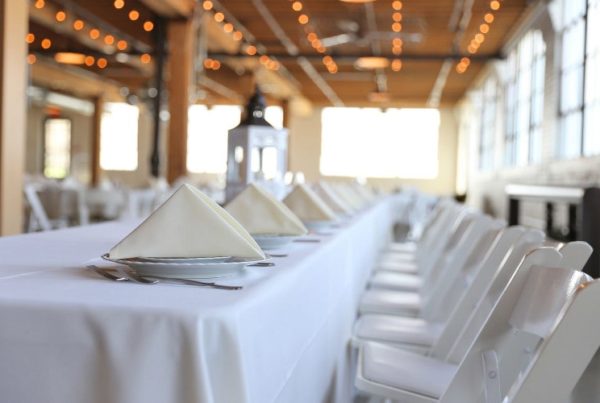
Event planners have to be innovative when it comes to planning summer events. From abnormal weather changes to outdoor venues, it’s safe to say that summer can be a tricky time period! Fortunately, here are some easy tips that will help you in planning an event in the summer months and avoiding major mishaps.
1. Draw up a site layout plan
Many a time, summer events require a different setup. Therefore, it’s important to take this into consideration when you’re looking for a venue. If you’re hosting an event at by the beach or by the pool, make sure that you know where the water will be in relation to the AV and sound equipment. Your site layout plan should include where the high-traffic areas will be, in order to give you better foresight when it comes to setting up water-sensitive equipment, running cables or assembling the stage and the DJ booth.
2. Make sure that the air conditioning works
Air conditioning is a no-brainer when planning an indoor event during summer. However, don’t take this for granted! Talking to the venue manager prevents a lot of problems from playing out during the actual event. On the most part, venues have constant air conditioning, but when there’s a large number of people in a small space, it’s important to adjust it accordingly, avoiding any complaints.
3. Take your staff into consideration
Large scale events require long load-in and load-out times, not to mention the number of personnel involved in the assembling and dismantling processes. During the summer months, it’s wise to take the weather into consideration when planning labour timings. Working in sizzling temperatures is no doubt exhausting and taxing on the event staff. Check if there’s a possibility to load-in or out early in the morning or late at night, and make sure that the water refill points are easily accessible.
4. Avoid event clashes
Summer is a popular time for events. Make sure that your event doesn’t clash with another similar one. Take note of all the events that will be taking place in the same area as yours in order to make sure that your guests won’t be annoyed by the loud music coming from a nearby festival, or by the traffic they encounter due to a larger-scale national event. Unless you’re trying to compete with another event in a direct manner, it’s wise to coordinate the date, time and location to suit all parties.
If you’re looking to plan an event in summer in Malta or in Gozo, use Evently to find, chat & book multiple event suppliers at once for FREE! All you have to do is fill in the details below.






